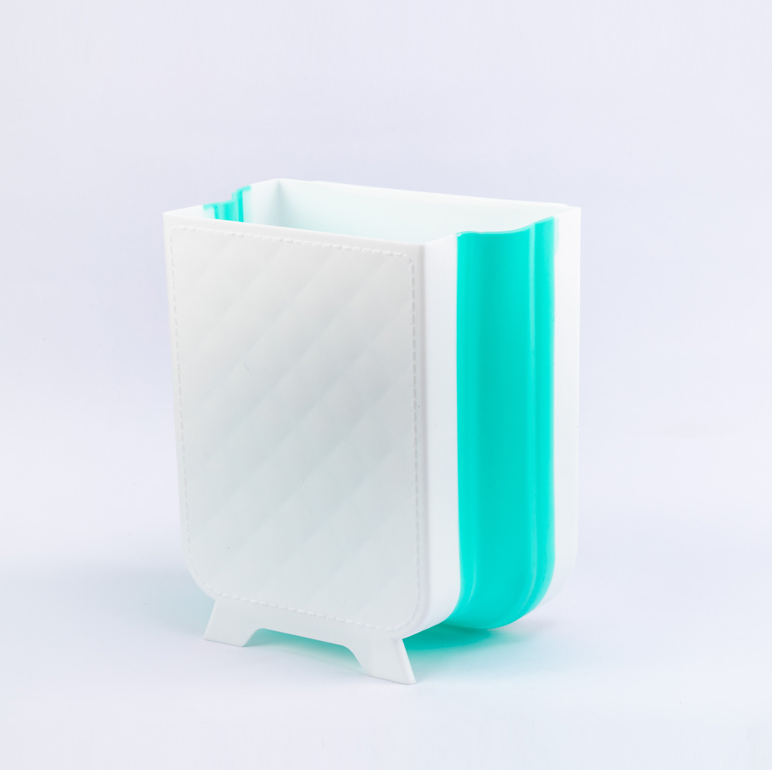The question of whether a folding plastic drain basket is likely to crack or break under frequent use is a valid concern for any consumer looking to invest in a reliable kitchen tool. These baskets are designed to save space and offer convenience, but the repetitive motion of folding and unfolding can raise doubts about long-term durability. To address this issue effectively, it’s important to understand the materials used in the construction of such products, the quality of the folding mechanism, and how repeated mechanical stress might influence their lifespan.
Most folding plastic drain baskets are made from thermoplastic materials such as polypropylene (PP) or silicone-infused plastic blends. These materials are chosen for their lightweight nature, flexibility, and resistance to moisture and heat. However, not all plastic is created equal. Some manufacturers use lower-grade plastics that may appear sturdy at first but tend to degrade more quickly when exposed to repeated mechanical strain. When a basket is folded and unfolded multiple times a day, this stress is concentrated at the hinge or joint area, which is usually the thinnest and most vulnerable part of the structure. Over time, even minor cracks can expand, leading to a complete failure of the basket’s form and function.
That said, not every folding plastic drain basket will suffer from early wear and tear. Products that are reinforced with thicker joint areas, double-layered materials, or even stainless-steel pin hinges are generally more resilient. Manufacturers who take durability seriously often test their products under simulated repetitive usage to ensure they can handle thousands of folds without noticeable weakening. Some high-quality models are reported to last for years, even with daily use, thanks to robust engineering and careful material selection. A key indicator of long-term reliability is the product's certification or compliance with international quality standards, which typically involve rigorous mechanical testing.
Another factor affecting the likelihood of breakage is the way the user handles the basket. Aggressive folding, misuse, or attempting to fold it while it is heavily loaded with food or dishes can drastically reduce its lifespan. Some users unknowingly force the basket into a closed position against its natural hinge direction, which can create stress fractures over time. Following the manufacturer's instructions and treating the item with care will greatly reduce the risk of early damage.
Environmental factors also play a role in determining how well a folding plastic drain basket will perform over time. Exposure to high heat, strong detergents, or prolonged UV radiation can make plastics brittle and more prone to cracking. For instance, leaving the basket to dry near a window with direct sunlight might gradually weaken the plastic. Similarly, placing it in a dishwasher on a high-temperature cycle day after day can also compromise its structural integrity. Choosing a basket that is labeled as dishwasher-safe and UV-resistant can help mitigate these risks.
Ultimately, while a folding plastic drain basket can become brittle or break after frequent use, the extent to which this occurs largely depends on the product’s design quality, the materials used, and the care it receives during everyday usage. Not all baskets are made equal, and investing in a higher-quality model from a reputable brand can make a significant difference in performance and longevity. When chosen carefully and used properly, a well-constructed folding plastic drain basket can maintain its function and form over an extended period, making it a practical and space-saving addition to any modern kitchen.
Name: Folding trash can
Mould material: S136
Mould base: P20 steel
Cavity NO: 1+1
Product material: PP+TPR
Runner: Hot/cold
Mould life: 1 million~3 million shots
Delivery time: 35~50days
